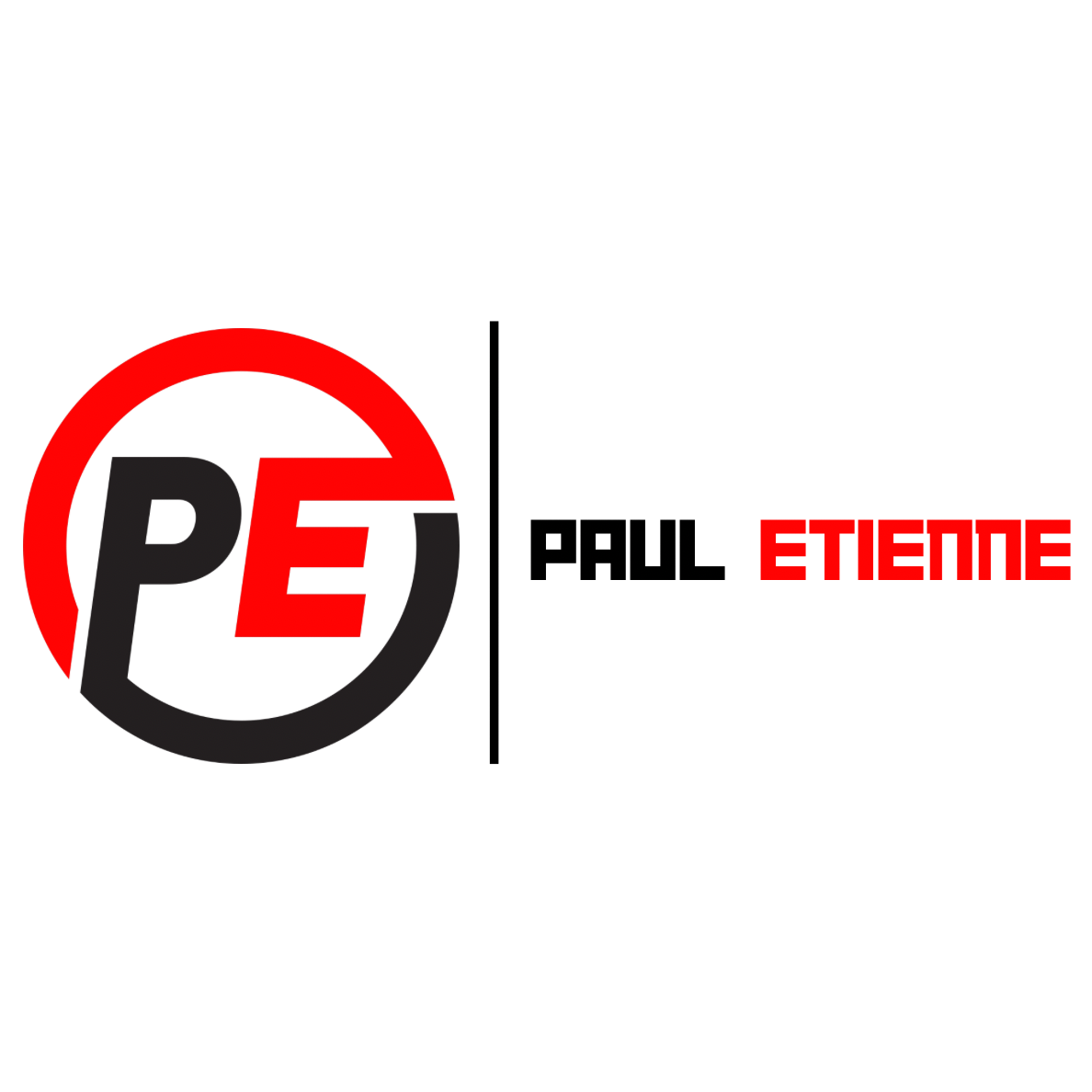Expanding your investment horizons beyond your home country can be a smart strategy to diversify your portfolio and potentially increase your returns. Adding international stocks to your investment portfolio can provide exposure to new markets and opportunities. In this article, we’ll explore the steps and considerations for effectively incorporating international stocks into your investment strategy.
1. Understand the Benefits
Investing in international stocks offers several advantages, including diversification, the potential for higher returns, and access to industries and markets that may not be available domestically. It can also help reduce the risk associated with over-reliance on a single country’s economy.
2. Do Your Research
Before diving into international stocks, research different countries and markets. Understand their economic conditions, political stability, and currency trends. Look for countries with strong growth prospects and stable governance.
3. Exchange-traded funds (ETFs)
Consider using exchange-traded funds (ETFs) to gain exposure to international markets. ETFs are investment funds that hold a diversified portfolio of international stocks. They provide a convenient way to invest in multiple countries and industries while spreading risk.
4. Individual Stocks
If you prefer a more hands-on approach, you can invest in individual international stocks. Start by researching and selecting companies that align with your investment goals and risk tolerance. Ensure you are familiar with the regulatory requirements for purchasing foreign stocks.
5. Currency Risk Management
Investing in international stocks introduces currency risk. Fluctuations in exchange rates can impact your returns. Consider using hedging strategies or currency-hedged ETFs to mitigate this risk.
6. Monitor Your Portfolio
Once you’ve added international stocks to your portfolio, regularly monitor their performance. Stay informed about global economic events and news that may affect your investments. Rebalance your portfolio as needed to maintain your desired asset allocation.





